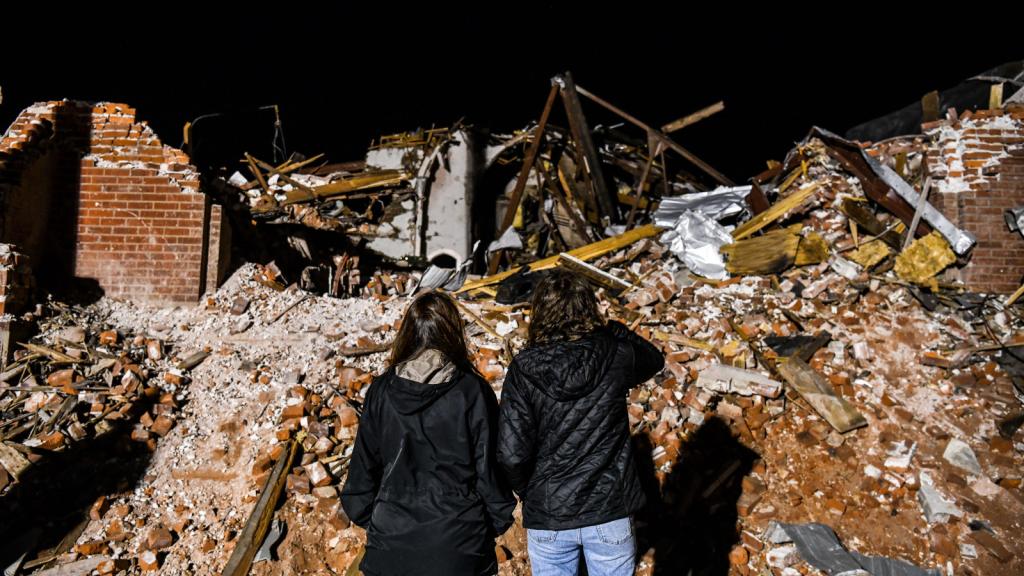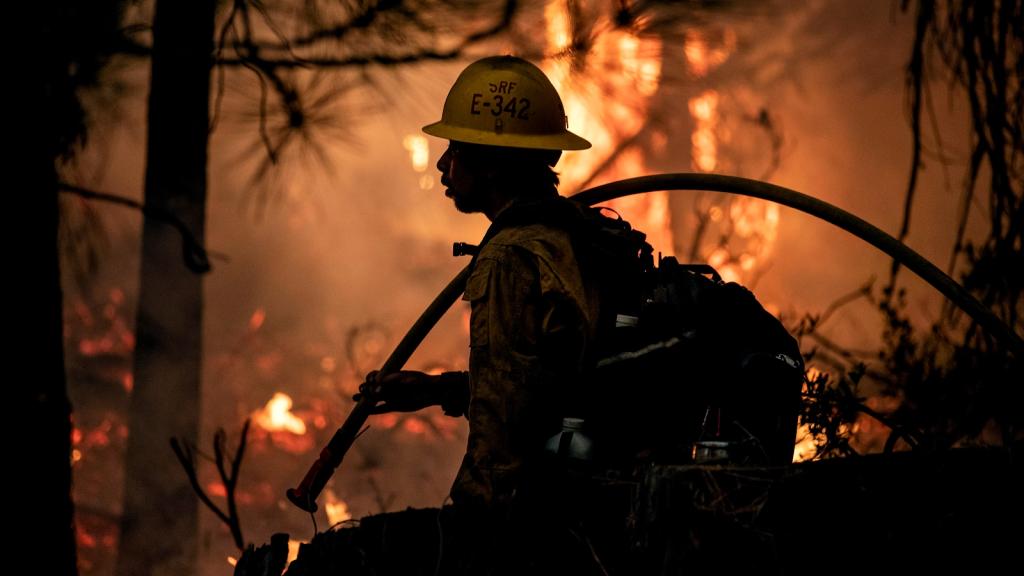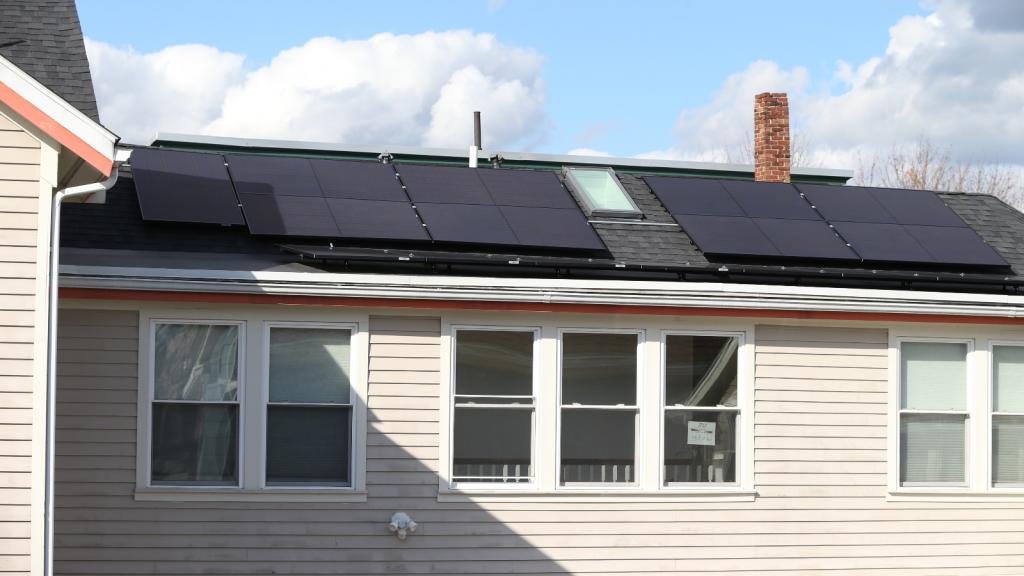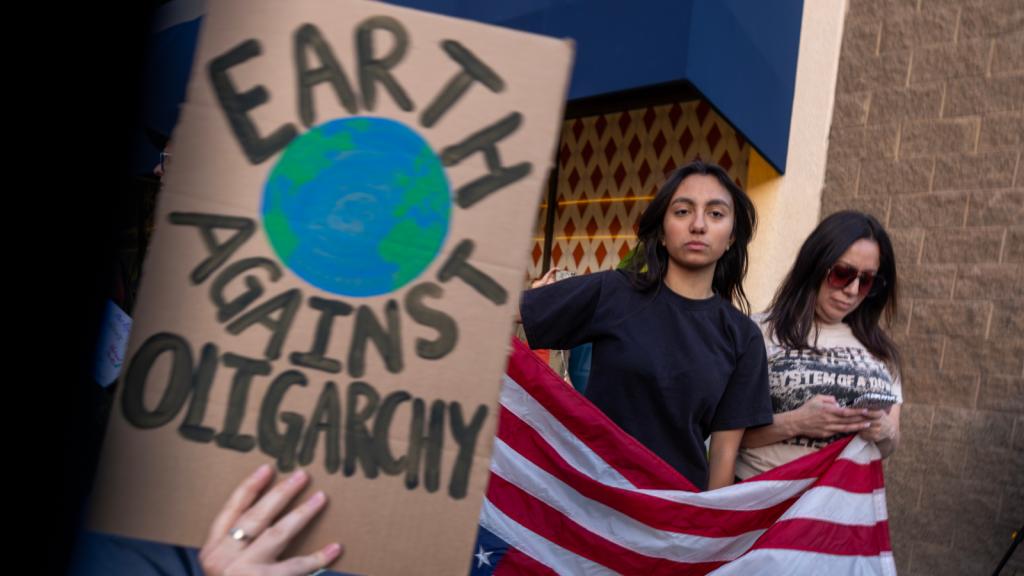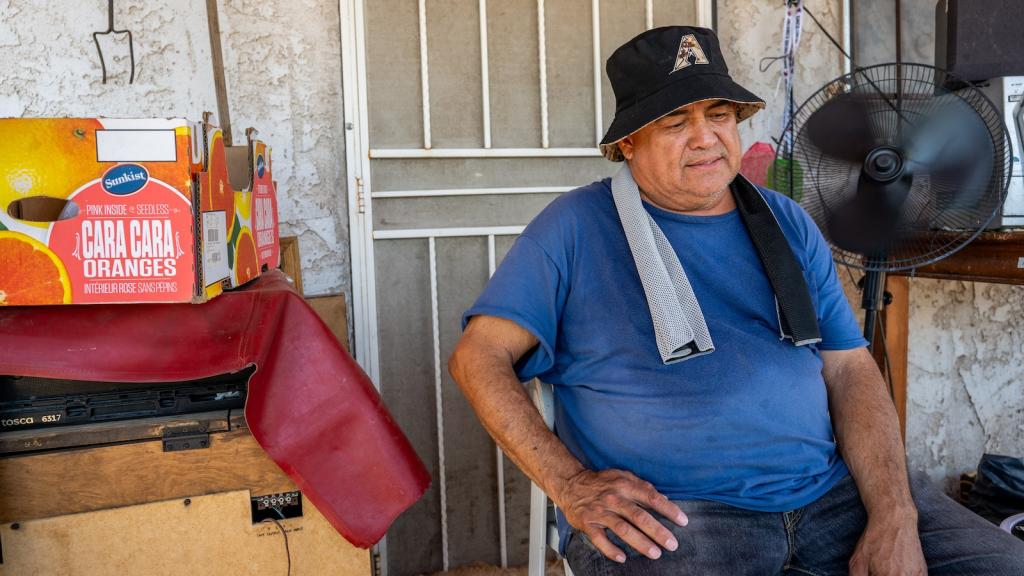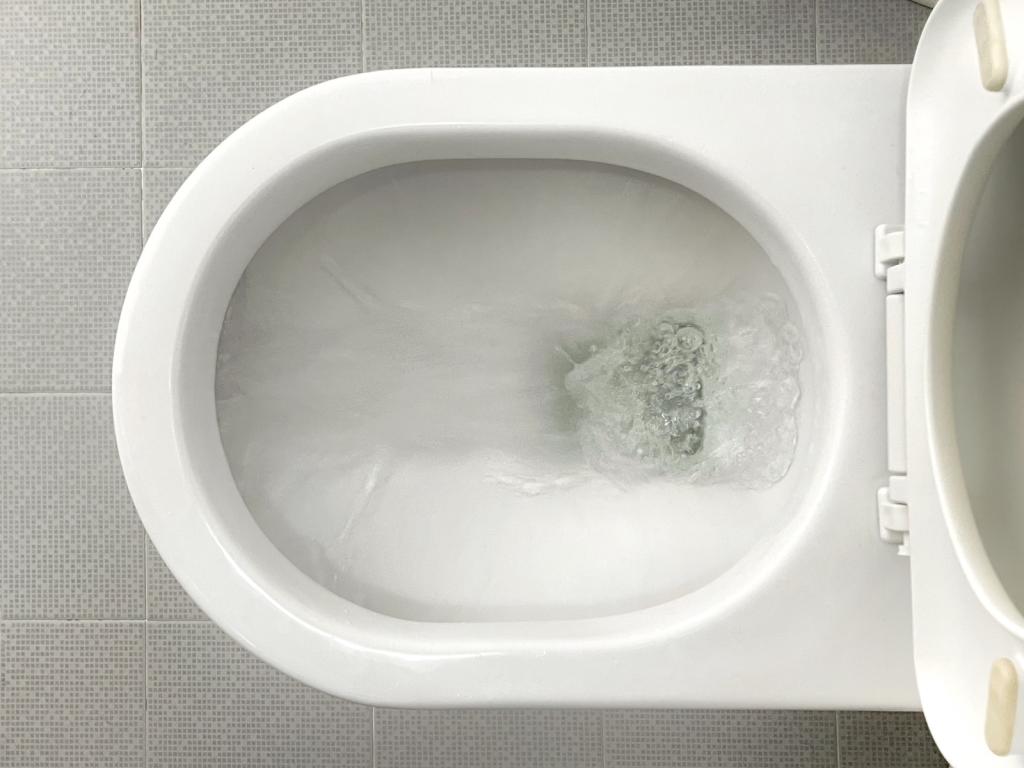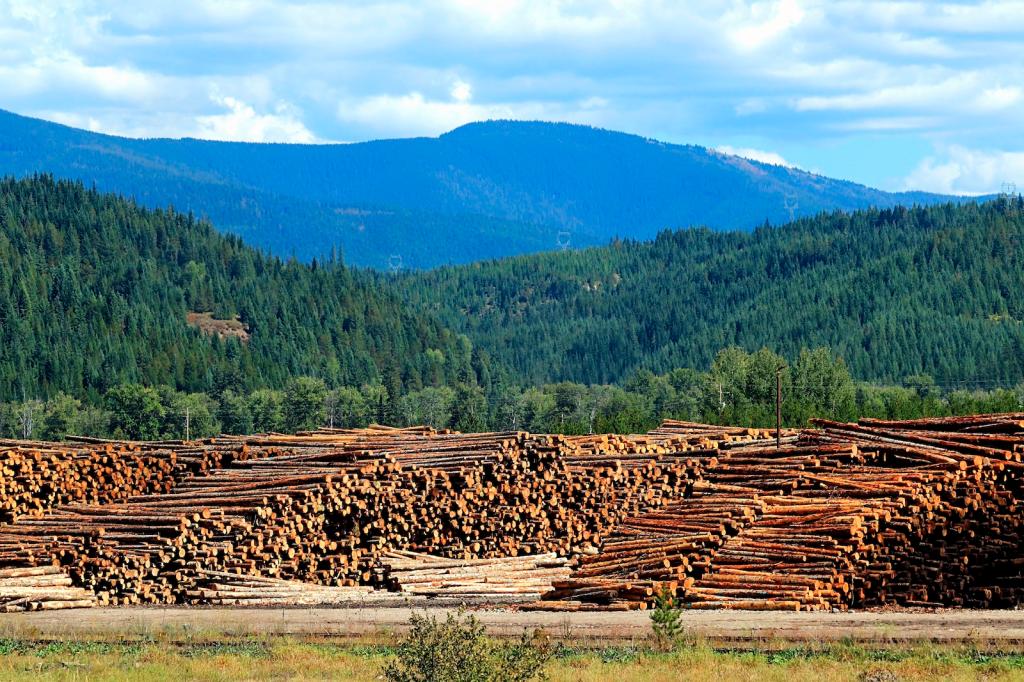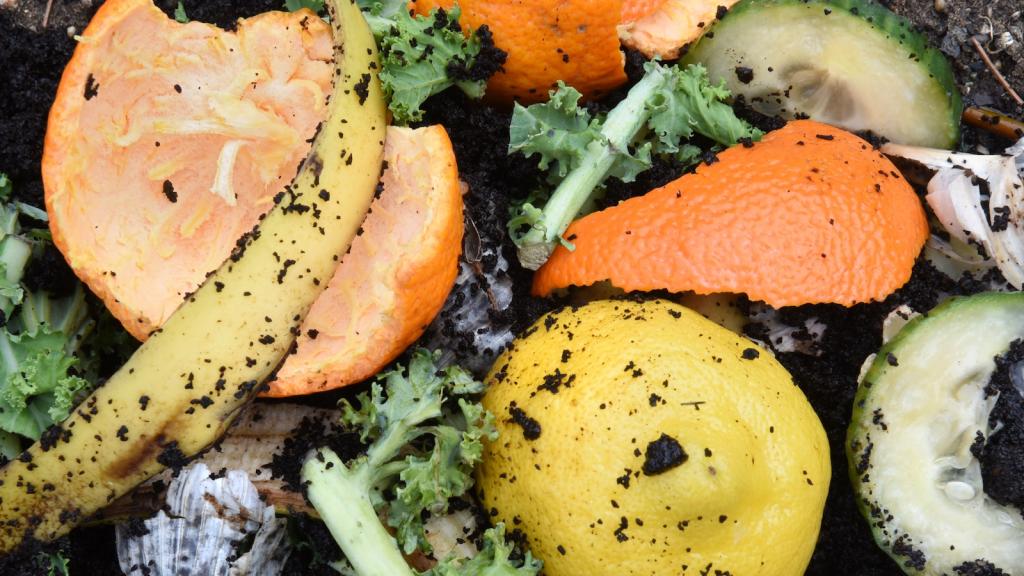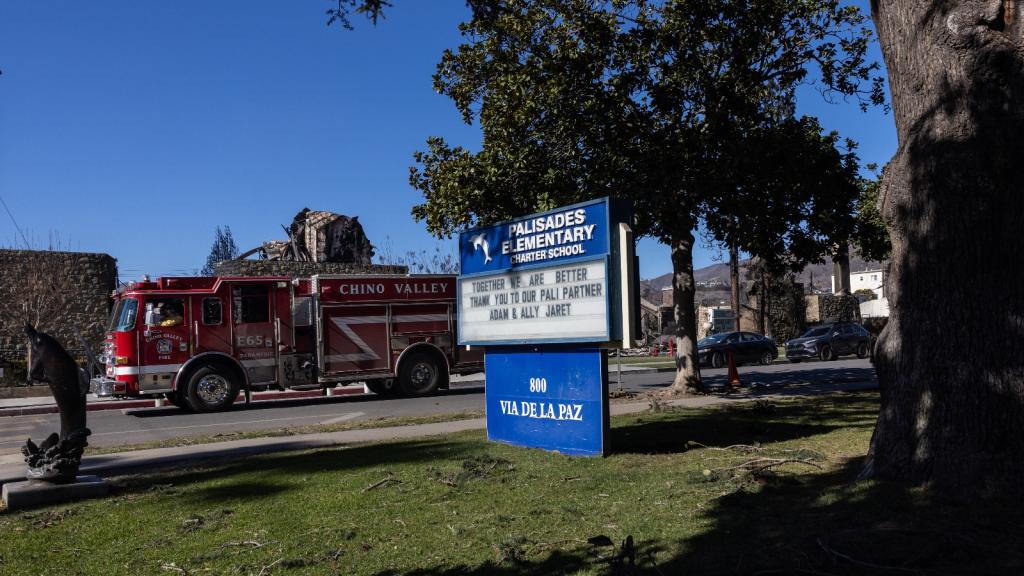Latest Articles
-
Millions of Americans don’t speak English. Now they won’t be warned before weather disasters.
An internal memo reviewed by Grist showed the National Weather Service has stopped translating radio alerts in the southern region, a move that has enraged workers in the local offices.
-
Trump said cuts wouldn’t affect public safety. Then he fired hundreds of workers who help fight wildfires.
The White House and DOGE have sought to eliminate thousands of jobs from the Forest Service. The wildland firefighting force is one of many targets within the agency.
-
Massachusetts home-electrification pilot could offer a national model
Installations are wrapping up this month for the turnkey program providing solar, heat pumps, and batteries to households that couldn’t otherwise afford them.
-
What do climate protests actually achieve? More than you think.
The evidence is in: Protests can persuade people, and maybe even change how they vote.
-
‘People would die’: As summer approaches, Trump is jeopardizing funding for AC
Some $380 million is now in limbo after Trump laid off staff that run a program helping low-income people pay their energy bills.
-
The fix for parched western states: Recycled toilet water
If it’s perfectly safe to drink purified wastewater, why aren’t drought-plagued states drinking more of it?
-
Logging doesn’t prevent wildfires, but Trump is trying it anyway
The Agriculture Department is opening more than 112 million acres of federal forests to logging in a misguided bid to prevent fires and boost timber production.
-
New York City is making people compost — or pay up
New Yorkers can now get fined for not separating their food scraps. Some critics say that's not the right approach.
-
After the wildfires, Beverly Hills shut out students whose school burned
The dispute between two Los Angeles-area districts raises a broader question of what a school district owes its neighbors after a major disaster.
-
Why Trump’s executive order targeting state climate laws is probably illegal
President Trump continues dismantling climate policy with a move of questionable legality that benefits fossil fuels. States are sure to sue.
